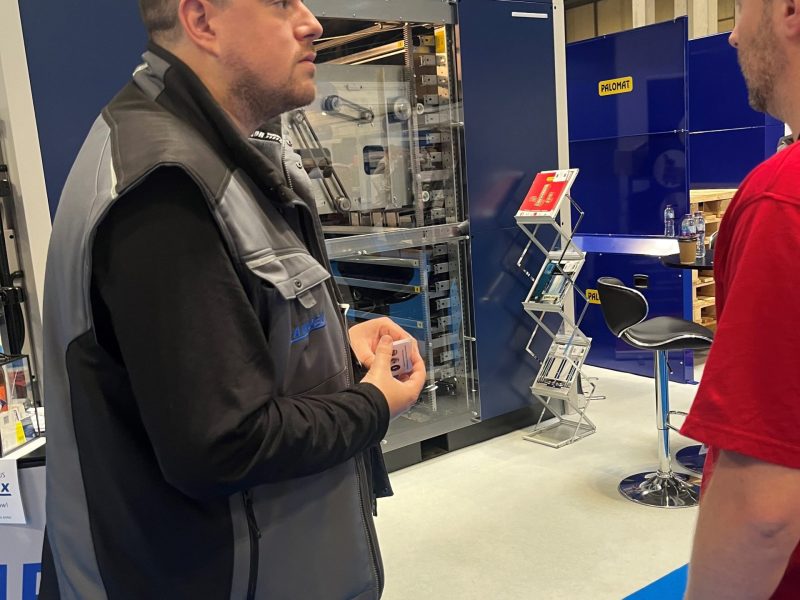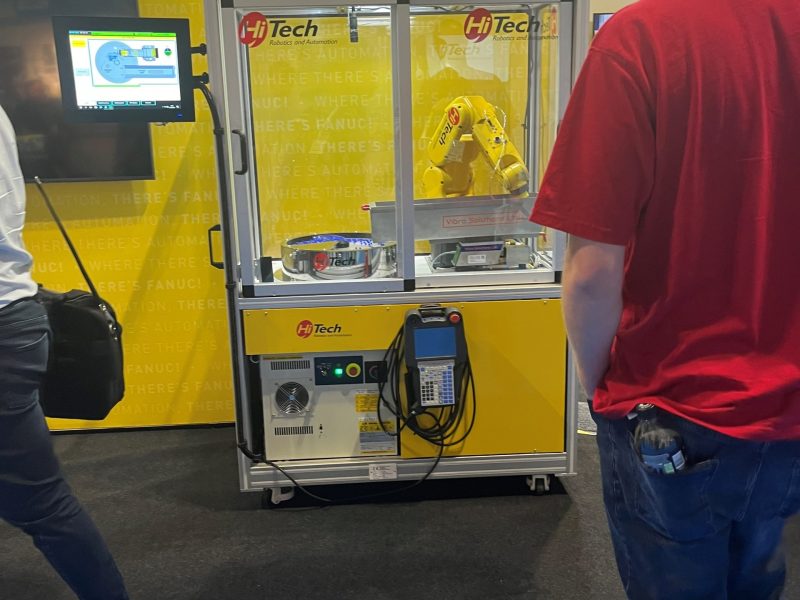The UK Manufacturing Industry Outlook for the H2 2024
As we move into second half of 2024 Bennett Engineering have scanned the UK manufacturing industry to see what’s what for the remainder of this year.
It’s been an interesting 2024 for the manufacturing industry so far and we’d be disingenuous if we didn’t say the industry has had a quieter than expected first half. The sector has demonstrated resilience in the face of a multitude of recent global disruptions and external factors that will still influence the industry’s trajectory in the coming months (with that big E word being imminent too!) can’t be ignored. Bennett Engineering explores the manufacturing sector’s current state, emerging trends, and key statistics that paint a picture of what the industry can expect in the second half of the year in this blog.
Current State of the UK Manufacturing Industry
The UK manufacturing sector, which accounts for about 10% of the country’s GDP, has been navigating a period marked by both challenges and opportunities. According to the Office for National Statistics (ONS), the first quarter of 2024 saw a modest growth of 1.2% in manufacturing output compared to the previous quarter, reflecting a gradual recovery from the disruptions caused by multiple factors outside of the industries control over the last few years.
Key Trends Shaping the Industry
Digital Transformation and Industry 4.0
The adoption of advanced technologies such as artificial intelligence (AI), the Internet of Things (IoT), and robotics continues to accelerate. According to a report by MAKE UK, 70% of manufacturers are investing in digital technologies to enhance productivity and efficiency. And here’s why in their words “Britain’s manufacturers are accelerating their investment in digital technologies as the fourth industrial revolution gathers pace, driving increased productivity, creating greater demand for higher-level skills, and improving their energy efficiency.”
It’s a tricky situation to handle; manufacturers are trying their hardest to continue to deliver against their production schedule whilst maintaining equipment AND planning forward for the digitalisation and automation of plants. Not an easy thing for production directors, project managers, operation managers and the like to achieve. Shining examples are like our client Ibstock Brick and their recent £12million investment which has bought a balance between technology and human expertise of brick makers (which is an art trust us!) to improve quality, efficiency and throughput.
Sustainability and Green Manufacturing
With increasing regulatory pressure and consumer demand for sustainable practices, manufacturers are prioritising their green initiatives. The UK government’s commitment to achieving net-zero emissions by 2050 has spurred investments in renewable energy and circular economy practices. As of mid-2024, approximately 45% of manufacturers have integrated sustainability into their core strategies.
At the recent East Midlands Chamber Manufacturing event a lecturer from Loughborough University (Professor Shahin Rahimifard) highlighted how a move to circulatory would be a make for a much better economy and practise than focussing on recycling or greenwashing.
Supply Chain Resilience
The supply chain disruptions experienced in recent years have prompted manufacturers to re-evaluate and diversify their supply chains. According to a survey by the Confederation of British Industry (CBI), 65% of firms are actively seeking to localise their supply chains to mitigate risks.
Onshoring is a very real practise, many companies have successfully completed programmes to do just this. In the East Midlands TidyCo (a Hydraulic and Pneumatic Manufacturer in Derby) have shared their journey with fellow manufacturers on how it has brought benefits in terms of reducing costs and operating expenses amongst other benefits.
Skills and Workforce Development
Addressing the skills gap remains a critical priority. The Engineering Employers Federation (EEF) reports that 62% of manufacturers are struggling to find workers with the necessary technical skills. Initiatives to upskill the workforce and attract younger talent are vital to sustaining growth.
This is where outsourced models such as Bennett Engineering provide the pickup and use model as needed. Our outsourced CAD services enable manufacturers to access a high level of expertise when they need it instead of trying to recruit this skill set within their business.
Economic Indicators and Forecasts
Today’s news from Business Live highlights “Manufacturers in the North West are more upbeat about their prospects in the second half of the year as the automotive and aerospace sectors continue to ramp up production.” Which is great to see as we motor through June.
Manufacturing Output
Forecasts from the Bank of England suggest a steady growth rate of 2.3% in manufacturing output for the second half of 2024, driven by robust domestic demand and a rebound in export markets.
Export Performance
The weakening of the pound sterling has made UK goods more competitive internationally. The latest data from HM Revenue & Customs (HMRC) shows a 5% increase in exports in Q2 2024, with strong performances in sectors such as automotive and aerospace. This looks set to continue for the remaining quarters left in 2024.
Investment in Technology
Investment in manufacturing technology is expected to rise by 8% in the latter half of 2024, as companies seek to enhance productivity and meet the demands of modern manufacturing processes.
At a recent exhibition at the NEC Craig and Seleena visited and were delighted to see just how busy the halls were, how many visitors stands were attracting and the wide range of equipment providers there to talk about the options to upgrade or install their machinery.
Challenges on the Horizon
Despite the positive outlook, the industry faces several challenges:
Economic Uncertainty
Global economic conditions, including inflationary pressures and geopolitical tensions, pose risks to the manufacturing sector. Manufacturers are being advised that need to remain agile and adaptable to navigate these uncertainties.
The UK election has had an effect on decision making within the industry; Capex’s seem to have been avoided in favour of Opex spend instead whilst management teams secure their business future with a tight hold on cash flow.
Regulatory Changes
The post-Brexit regulatory environment continues to evolve, and manufacturers must stay informed and compliant with new trade agreements and regulations.
Energy Costs
High energy costs remain a concern for manufacturers. The transition to renewable energy sources, while necessary, requires significant investment and time.
The second half of 2024 promises to be a period of growth and continued transformation for the UK manufacturing industry. With a focus on digital innovation, sustainability, and supply chain resilience, manufacturers are well-positioned to capitalise on emerging opportunities. However, it’s also about being well set up to navigate a landscape of economic uncertainty and regulatory changes. By leveraging advanced technologies and investing in workforce development, the industry can continue to thrive and contribute significantly to the UK economy.
As we look ahead, the resilience and adaptability of UK manufacturers will be crucial in shaping a prosperous and sustainable future for the sector. Combine that with an Industrial Manufacturing Strategy this would secure our status as the 8th place in the global rankings and help us to climb higher!
Bennett Engineering are here to support manufacturers with maintenance solutions, special projects, engineering expertise, solutions for safety features, design of features you need with new or existing equipment.
Call us on 01332 419 220 or email us info@beneng.co.uk if you’d like to partner with us.



